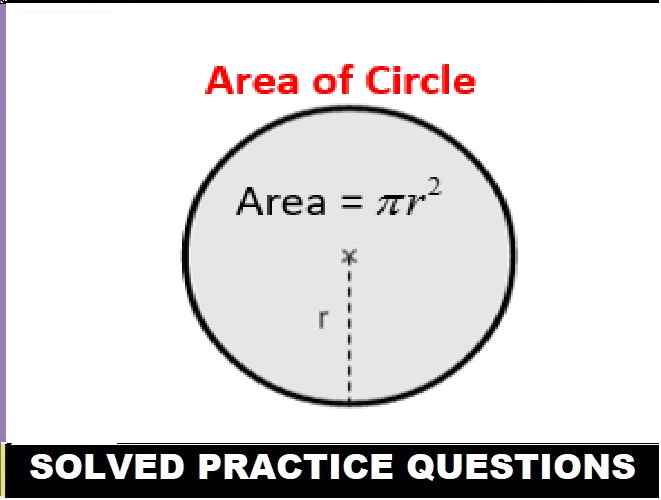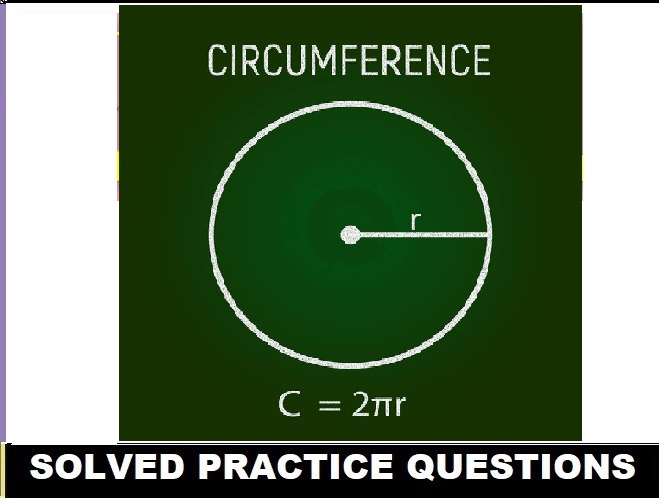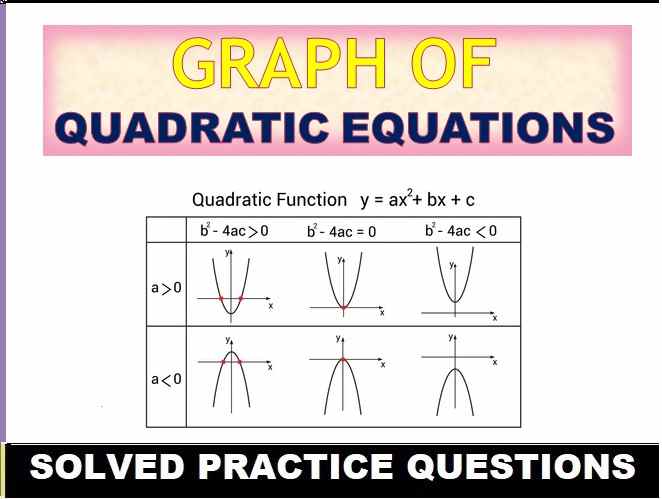OP Malhotra Indefinite Integral-2 Methods of Integration ISC Class-12 Maths Solutions Ch-14. Step by step Solutions of OP Malhotra SK Gupta, Anubhuti Gangal S.Chand ISC Class-12 Mathematics with Exe-14(a), Exe-14(b), Exe-14(c), Exe-14(d), Exe-14(e),and Chapter Test Questions. Visit official Website CISCE for detail information about ISC Board Class-12 Mathematics.
OP Malhotra Indefinite Integral-2 Methods of Integration ISC Class-12 Maths Ch-14
| Class: | 12th |
| Subject: | Mathematics |
| Chapter : | Ch-14 Indefinite Integral-2 Methods of Integration of Section -A |
| Board | ISC |
| Writer | OP Malhotra, SK Gupta, Anubhuti Gangal |
| Publications | S.Chand Publications 2020-21 |
-: Included Topics :-
Exe-14(a)
Exe-14(b)
Exe-14(c)
Exe-14(d)
Exe-14(e)
OP Malhotra Indefinite Integral-2 Methods of Integration ISC Class-12 Maths Ch-14
Integration :-
The integration denotes the summation of discrete data. The integral is calculated to find the functions which will describe the area, displacement, volume, that occurs due to a collection of small data, which cannot be measured singularly. In a broad sense, in calculus, the idea of limit is used where algebra and geometry are implemented. Limits help us in the study of the result of points on a graph such as how they get closer to each other until their distance is almost zero. We know that there are two major types of calculus –
- Differential Calculus
- Integral Calculus
- If the integrand is a derivative of a known function, then the corresponding indefinite integral can be directly evaluated.
- If the integrand is not a derivative of a known function, the integral may be evaluated with the help of any of the following three rules:
- Integration by substitution or by change of the independent variable.
- Integration by parts
- Integration by partial fractions
Definite Integral
An integral that contains the upper and lower limits then it is a definite integral. On a real line, x is restricted to lie. Riemann Integral is the other name of the Definite Integral.
Indefinite Integral
Indefinite integrals are defined without upper and lower limits. It is represented as:
∫f(x)dx = F(x) + C
Properties of Indefinite Integral :-
(i) ∫[f(x) + g(x)] dx = ∫f(x) dx + ∫g(x) dx
(ii) For any real number k, ∫k f(x) dx = k∫f(x)dx.
(iii) In general, if f1, f2,………, fn are functions and k1, k2,…, kn are real numbers, then
∫[k1f1(x) + k2 f2(x)+…+ knfn(x)] dx = k1 ∫f1(x) dx + k2 ∫ f2(x) dx+…+ kn ∫fn(x) dx
Exe-14(a)
OP Malhotra Indefinite Integral-2 Methods of Integration ISC Class-12 Maths Ch-14
Question 1:
\( \int \frac{\mathrm{6x – 8} }{\mathrm{3x^{2}- 8x + 5} }dx \)
Question 2:
…………………….
……………………
…………………..
Question 41:
\( \int (x^{3}- 1)\tfrac{1}{3}^{}x^{5}dx \)
Exe-14(b)
OP Malhotra Indefinite Integral-2 Methods of Integration ISC Class-12 Maths Ch-14
Question 1:
Evaluate :
\( \int \frac{cos2x}{cosx}dx \)
Question 2:
\( \int \frac{sinx}{sin2x}dx \)
Question 3:
……………………
……………………
…………………..
Question 15:
\( \int \frac{sinx}{\sqrt{1 + sinx}}dx \)
Exe-14(c)
OP Malhotra Indefinite Integral-2 Methods of Integration ISC Class-12 Maths Ch-14
Question 1:
\( \int x sin2xdx \)
Question 2:
\( \int x sec^{2}xdx \)
Question 3:
…………………..
…………………..
…………………..
Question 36:
\( \int \frac{x^{2}tan^{-1}}{1 + x^{2}}dx \)
-
Some indefinite integrals which can be evaluated by direct substitutions:
- If integral is of the form ∫ f(g(x)) g'(x) dx, then put g(x) = t, provided ∫ f(t) exists.
- ∫ f'(x)/f(x) dx = ln |f (x)| + c, By putting f (x) = t => f’ (x) dx = dt
=> ∫ dt/t = ln |t| + c = ln |f (x)| + c.
3. ∫ f'(x)√f(x) dx = 2 √f(x)+c, Put f (x) = t
Then ∫ dt/√t = 2√t + c = 2√f(x) + c.
Integral Calculus :- (According to Mathematician Bernhard Riemann,)
“Integral is based on a limiting procedure which approximates the area of a curvilinear region by breaking the region into thin vertical slabs.”
Exe-14(d)
OP Malhotra Indefinite Integral-2 Methods of Integration ISC Class-12 Maths Ch-14
Question 1:
\( \int e^{x}sin x dx \)
Question 2:
…………………..
……………………
………………….
Question 9:
\( \int e^{x^{3}} cos x^{3} dx \)
Exe-14(e)
OP Malhotra Indefinite Integral-2 Methods of Integration ISC Class-12 Maths Ch-14
Question 1:
Evaluate :
\( \int e^{x}(cot x + log sin x)dx \)
Question 2:
…………………………
…………………………..
…………………………
Question 16:
\( \int e^{x}(\frac{1 – x}{1 + x^{2}})^{2} dx \)
-: End of Indefinite Integral-2 Methods of Integration S. Chand ISC Class-12 Maths Solution :-
Return to :- OP Malhotra S. Chand ISC Class-12 Maths Solutions
Thanks
Please share with your friends



Thanks to you for helping to our teaching
thanks for your comments, keep in touch regularly
team icsehelp
sir why do site have no solution sheets available?
Sir.. Why are the answers not available..??
now full chapter showing now please visit again